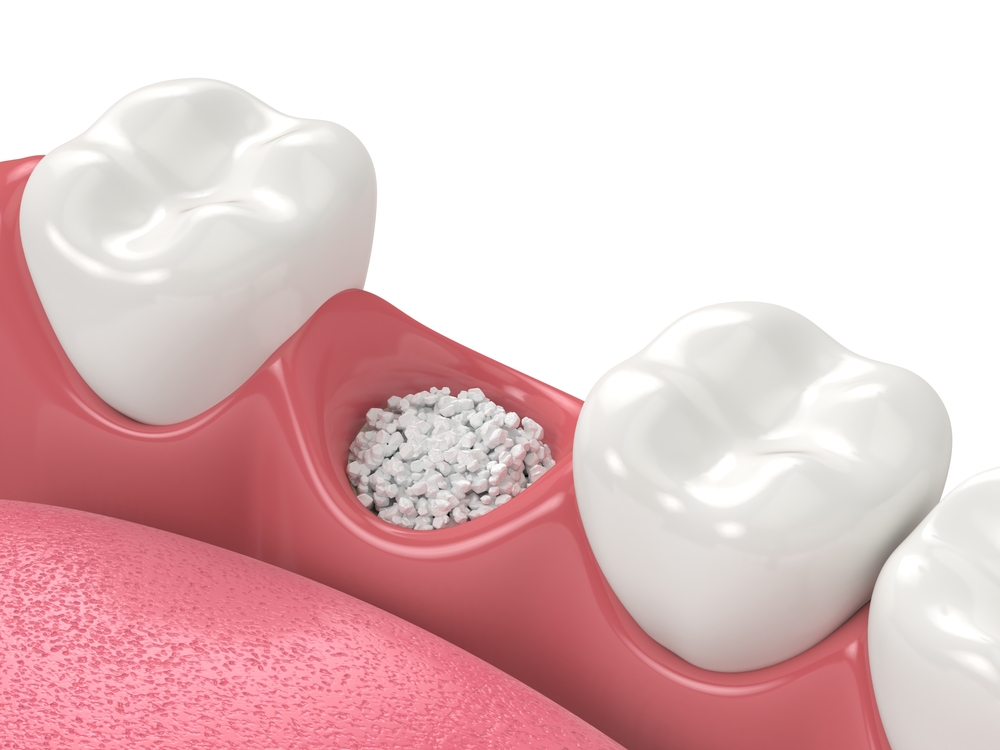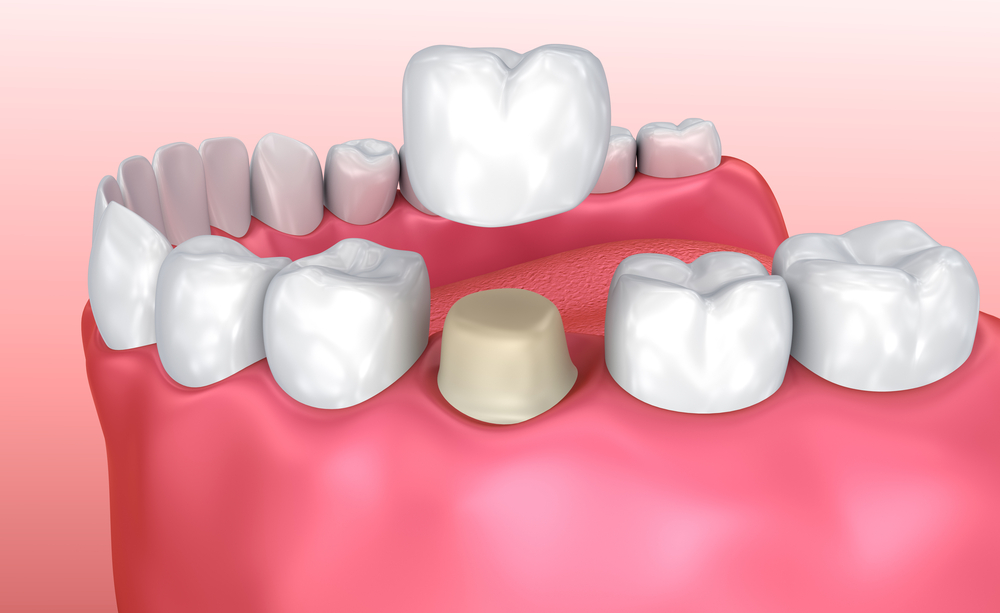
Is It a Dental Emergency? Here’s How to Tell & What to Do
Assessing a dental emergency in the privacy of your own home can be tricky. Since most of us lack the appropriate training for such a situation, it can be quite tempting to exaggerate any health condition. As long as there’s pain, or worse, blood, we tend to assume the worst, and rush to the emergency room, or in this case, schedule an emergency appointment with a dental expert.
At Bourne End Dental Care, we’ve seen a lot of people come in with what they considered to be emergencies, but what later proved not to have been. So we decided to write up this quick guide, to help you assess your dental situation at home.
What is a dental emergency?
A dental emergency is a situation where the symptoms present warrants immediate medical attention, in the interest of solving the problem or keeping it from escalating into something much worse.
In order to assess the gravity of your dental situation, it’s important to understand the most common symptoms experienced in a dental emergency.
Bleeding that won’t stop
This is particularly related to physical trauma, such as a face injury. While it’s normal for the gums to bleed a little (or a lot, depending on the severity of the impact), the bleeding ought to stop on its own, after some time.
If the bleeding won’t stop, however, it may be a sign that something more serious has happened, and may require immediate medical attention. Bleeding that won’t stop, on any count, can be dangerous, and can seriously weaken you.
Alternatively, you may be experiencing bleeding from a dental intervention that, again, refuses to stop on its own. If the bleeding after your dental procedure (commonly, dental extractions) hasn’t stopped on its own in about 20 minutes of applying pressure to it, we recommend visiting a doctor immediately.
Severe toothache
By severe, we mean a pain that makes it impossible or seriously difficult for you to eat, sleep, or go about your day as you normally would. Similarly, if the pain is associated with swelling or fever, we insist that you seek out medical aid urgently.
Serious face swelling
If the swelling extends to your eye area, or your neck, it might be a sign that something more serious is at play. In particular, if the swelling makes it difficult to open your eye or mouth, you should not hesitate.
Non-Urgent Dental Complaints:
Mildly bleeding gums, a loose crown, or a chipped tooth with no pain are some of the most common dental issues we encounter that are not, in fact, a dental emergency, and don’t require immediate dental care.
Still, when experiencing any dental unpleasantness, we recommend that you schedule an appointment with your dental professional at your nearest convenience, and until then, try to manage the situation. You can do this through the use of various OTC pain relief medications, cold compresses, and in some cases, by switching to a soft diet for a few days.




